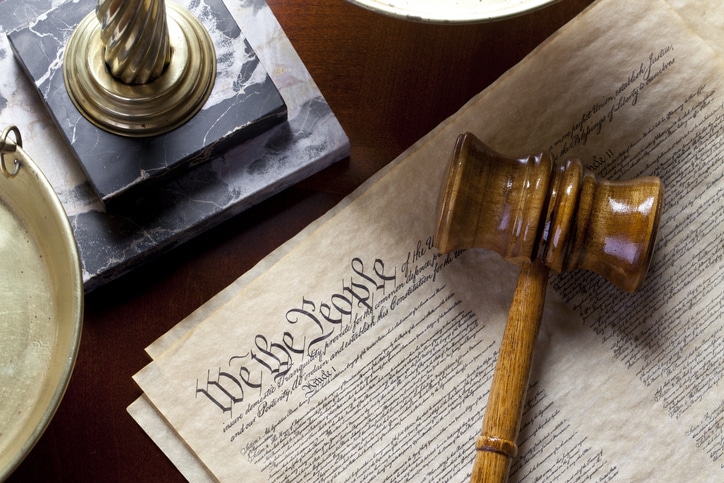In the first months of his second term, President Trump fired several key federal appointees crucial to the federal whistleblower protection system, including Special Counsel Hampton Dellinger and Chair of the Merit Systems Protection Board (MSPB) Cathy Harris.
Trump’s firing of these figures without cause, despite statutory language requiring cause for their removal, drew widespread criticism and concern from whistleblower advocates.
In a new paper, leading whistleblower attorney Stephen M. Kohn, founding partner of Kohn, Kohn & Colapinto and Chairman of the Board of National Whistleblower Center (NWC), turns to concerns raised by the Founders of the United States as the issues around presidential removal powers they identified years ago continue to resonate today.
Starting with Alexander Hamilton’s comments in Federalist No. 77 and Chief Justice John Marshall’s decision in Marbury v. Madison. The paper shows that the Founders clearly believed that Congress had authority to create inferior offices and define the rules governing them and that the President’s power to terminate was limited.
Kohn then details Supreme Court Justice Joseph Story’s widely respected 1833 Commentaries on the Constitution which contains the most authoritative discussion of the policies underlying the power of a President to remove inferior officers.
Kohn pulls a number of highly prescient quotes from Story, including:
“[I]f this unlimited power of removal does exist, it may be made, in the hands of a bold and designing man, of high ambition, and feeble principles, an instrument of the worst oppression, and most vindictive vengeance.”
Kohn continues by citing a number of other precedential Supreme Court cases concerning the President’s removal authority, including ex parte Hennen (1839), Shurtleff v. United States (1903), and Myers v. United States (1926), and explains their resonance and continued precedent today. He also turns to the congressional debates on the establishment of the Department of Foreign Affairs in 1789, outlining the historical context of the discussions regarding the president’s authority over foreign affairs.
In conclusion, Kohn argues that regardless of the various arguments now being raised concerning the President’s removal authority, the warnings articulated by the Founders have never been refuted. If the Supreme Court were to conclude that Congress lacked the authority to limit the President’s power to fire, at-will, any and all executive officers, the fear articulated by Justice Story would become the law of the land, and as he warned, would be “eminently dangerous to the best interests, as well as the liberties, of the country.”
While Special Counsel Dellinger has dropped his lawsuit challenging his termination, Harris’s challenge of her firing is ongoing. The outcome of that case will not only have major effects on federal whistleblowers, who must seek relief for retaliation through the MSPB, but on Presidential removal powers at large.
Further Reading:
The Founders Sound the Alarm on the President’s Unchecked Power to Terminate Appointees at Will
